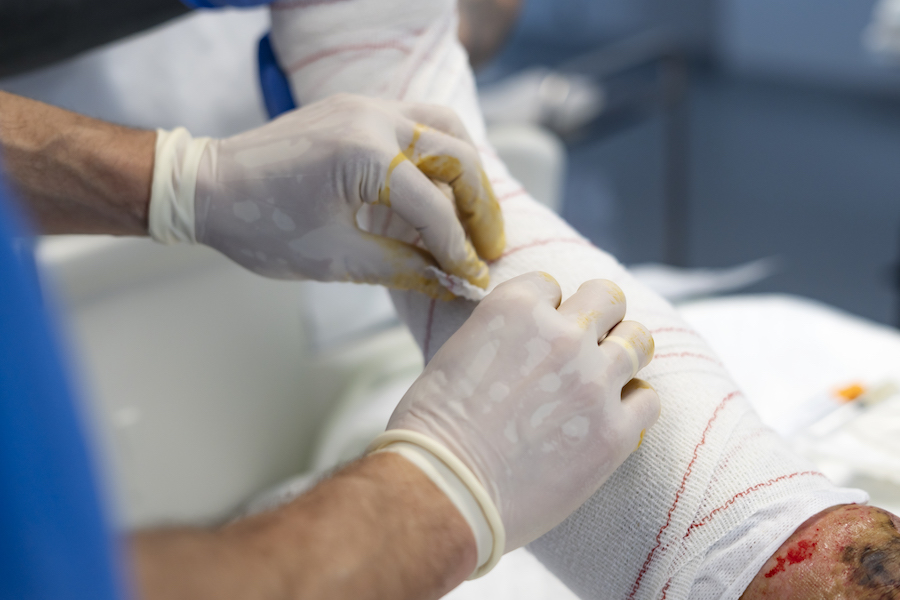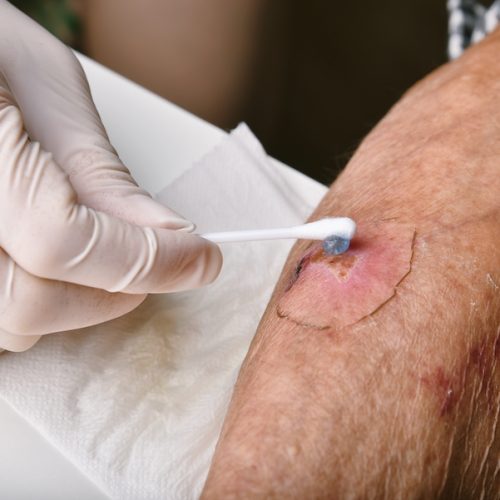The Future of Healing
Exploring Advanced Wound Care Solutions

The need for proper woundcare management
In today’s rapidly evolving healthcare landscape, the future of healing is taking a giant leap forward with advanced wound care solutions. These cutting-edge technologies are revolutionizing the way we treat and manage complex wounds, offering renewed hope to patients and healthcare professionals alike. From bioengineered skin substitutes to smart dressings embedded with sensors, the possibilities for improving outcomes are limitless.
With the rise in chronic diseases like diabetes and an aging population, the demand for effective wound care treatments is higher than ever before. This has prompted a surge in research and innovation, resulting in breakthroughs in the field of advanced wound care. These innovative solutions not only accelerate healing but also provide personalized care tailored to the individual needs of patients.
Join us as we delve into the fascinating world of advanced wound care solutions and explore how they are transforming the future of healing. From the latest developments in regenerative medicine to the emerging role of telemedicine in wound management, we’ll uncover the technologies that are reshaping the way we approach wound healing. Get ready to witness the exciting possibilities that lie ahead in the field of advanced wound care.
Roadblocks in Woundcare
Wound care has evolved significantly over the years, transitioning from traditional methods to more advanced approaches that prioritize healing and patient comfort. The management of wounds, particularly chronic wounds such as diabetic ulcers and pressure sores, remains a critical concern in healthcare settings. As the population ages and the prevalence of chronic diseases increases, the demand for effective wound care solutions has surged. Currently, wound care encompasses a variety of practices designed to promote healing, including the use of dressings, topical treatments, and surgical interventions.
Despite advancements, many patients still experience prolonged healing times and complications related to their wounds. This is partly due to a lack of standardized treatment protocols and the variability in wound types and patient responses to therapies. Furthermore, healthcare professionals often face challenges in accurately assessing wound conditions, which can lead to delays in appropriate care. The current state of wound care is characterized by these complexities, requiring a multifaceted approach that incorporates both traditional and innovative healing methods.
In recent years, there has been a growing emphasis on evidence-based practices and patient-centered care in wound management. Healthcare providers are increasingly using data-driven approaches to inform treatment decisions, ensuring that patients receive personalized care that addresses their specific needs. The integration of advanced technologies and research into wound care is paving the way for more effective solutions, ultimately enhancing healing outcomes and improving the quality of life for patients.

